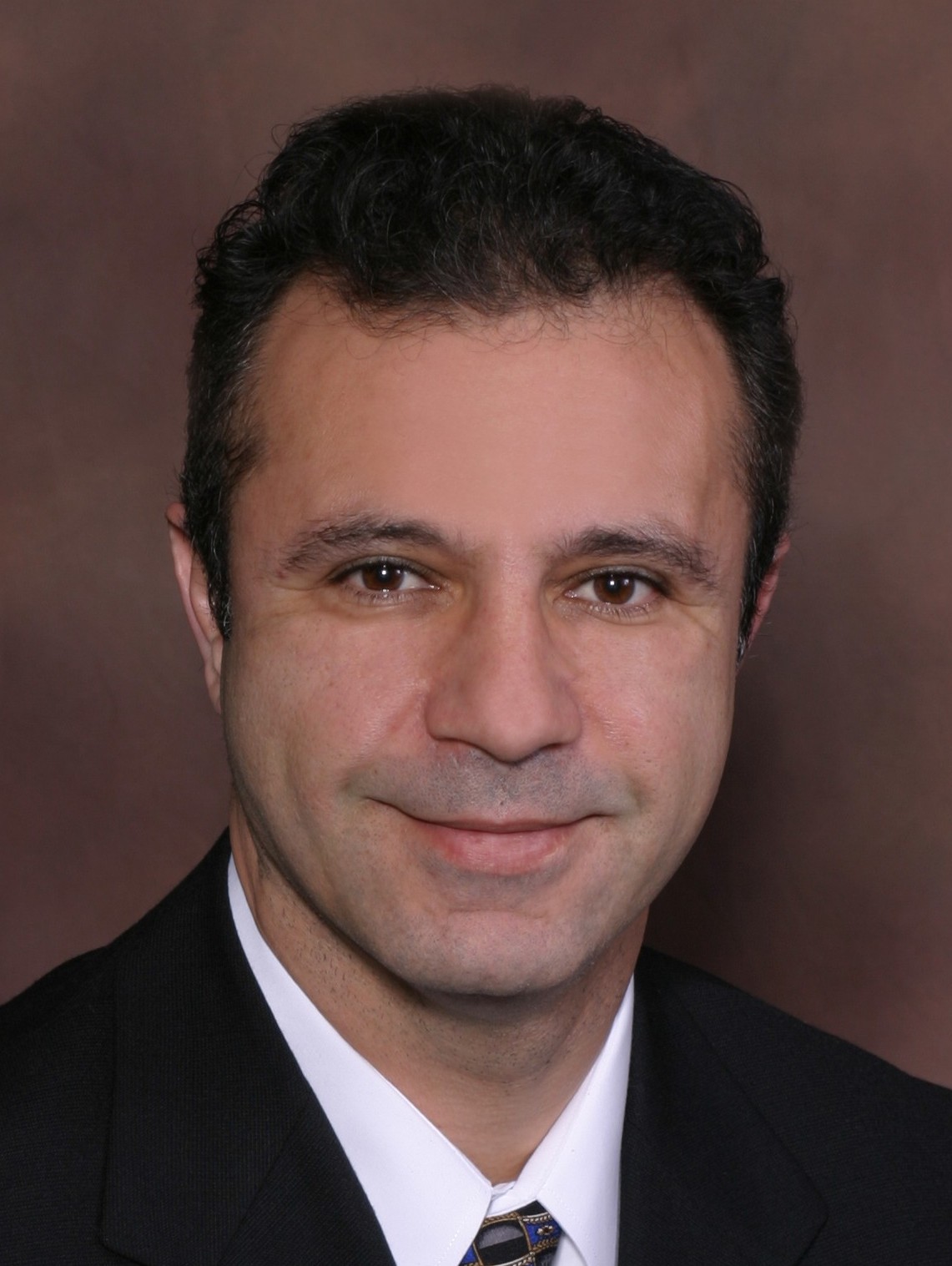 Kaveh Khajavi, MD, a spine surgeon with Georgia Spine & Neurosurgery Center discusses the most important areas of spinal research in the future and how more spine surgeons can become involved.
Kaveh Khajavi, MD, a spine surgeon with Georgia Spine & Neurosurgery Center discusses the most important areas of spinal research in the future and how more spine surgeons can become involved. Q: What areas do you think will be most important for spine surgeons to research over the next five years?
Dr. Kaveh Khajavi: There are a lot of questions being raised about the necessity of the procedures being performed or the products being used in our field and they must be answered. First and foremost, we as spine surgeons need to start doing patient-centered outcomes research and find out if the care we are providing for our patients is truly beneficial. We also need to address the changing healthcare economy and the implications from a cost-effectiveness standpoint, a topic which is currently of great interest to hospitals, insurance payors and government policy-makers across the board. Spine surgeons need to realize that if we don't set out to collect the necessary information required to answer these questions, another party will do it on our behalf, and we will have no say in the decisions that are made as a result.
Q: Which areas have the most opportunity for growth in spinal research?
KK: Comparative effectiveness research (CER), from both patient-centered outcomes and cost perspectives, are the most relevant topics in spine surgery at the moment. Although the randomized controlled trial (RCT) is widely accepted as the gold standard epidemiologic study design for CER, they are often costly, time-consuming and difficult to execute especially for surgeons not in academic centers or without access to vast amounts of resources. As a result, more CER is being conducted through the use of large observational databases and data mining/analysis techniques, which also allows us to compare between treatments and products. Compared to the RCT, observational databases are much more practical in terms of time and costs. The catch, however, is that large amounts of data are needed in order to provide the quality of evidence comparable to that obtained through an RCT, so the more spine surgeons that participate in collecting and sharing this data, the better.
Q: How can spine surgeons meaningfully contribute to research and development in the field outside of academic institutions?
KK: Perhaps one of the greatest misconceptions about research is that only those at academic institutions are qualified or have enough resources to make a meaningful contribution, and that is far from the truth. Spine surgeons, especially those in private practice, need to understand that all research begins with data collection, and any physician can participate in that process by creating a registry for their patients. It takes some extra work at the beginning to set up the system, but after that, it’s really about making the commitment to collect the appropriate information on every patient, every time.
Q: What resources will be available going forward for spine surgeons who are interested in pursuing a research project?
KK: From a funding perspective, there are a variety of grants available from neurosurgical societies such as NASS and SRS. There are also many medical-industry sponsored research projects that are always seeking surgeon enrollment. In terms of data management, PhDx is a company that securely stores patient data, while still giving the investigator the ability to output or query the data in real time. Finally, there are non-profit research foundations that can provide additional guidance and resources for spine surgeons. For example, the Institute for Neurosurgical and Spinal Research (INSPIRE) Foundation offers consulting and training resources for surgeons, especially those without prior research experience looking to get started with data collection.
Q: What are you most excited for about for the future of spine surgery research?
KK: There is currently a lot of interest in spine surgery research, not just from fellow surgeons at academic centers, but also private practice spine surgeons, medical device companies, insurance companies, and of course, the government. There is a growing consensus that through data collection and sharing, collaboration, and honest discourse, we can finally begin to answer some of the big questions regarding the best treatment options for our patients. This is a very exciting time to participate in spine surgery research!
More Articles on Spine Surgeons:
Biggest Coverage Issues for Spine Surgeons in 2013: Q&A With Dr. William Taylor of UC San Diego
6 Steps to Profitability With a Spinal Arthroplasty-Focused Practice
10 Points on Orthopedic Surgeon Compensation


